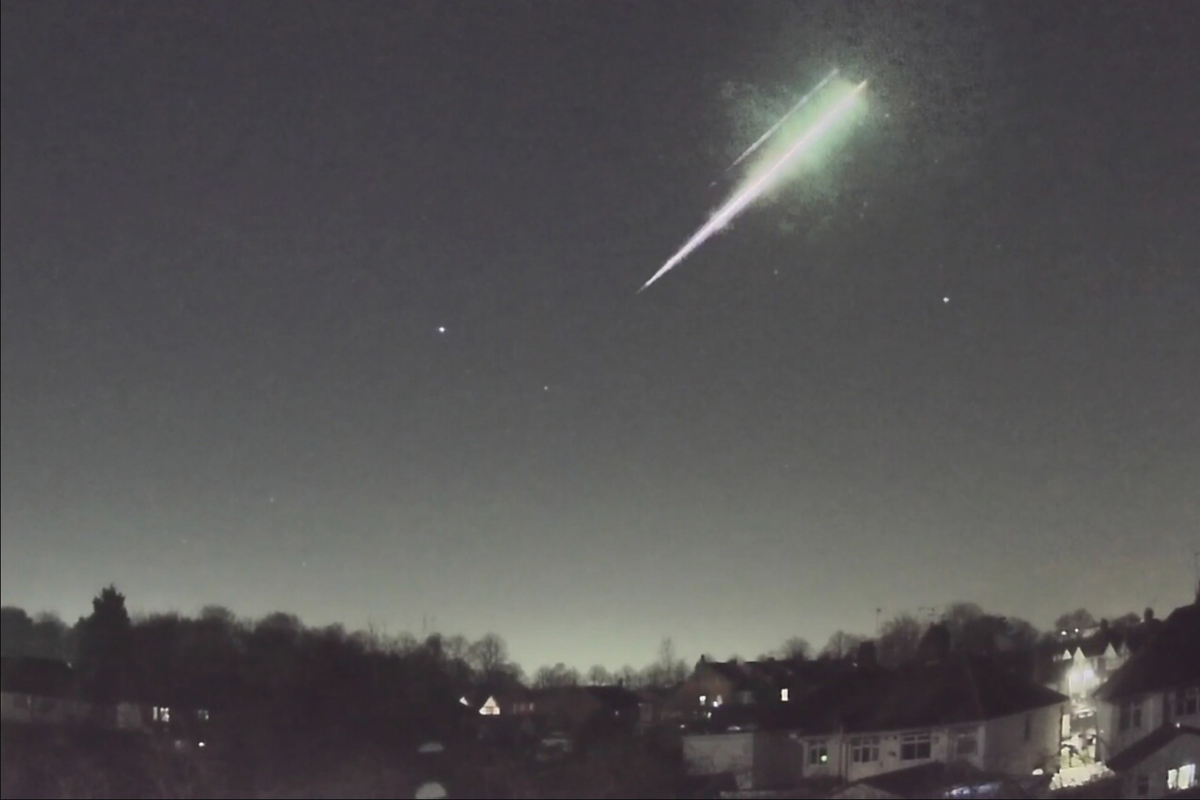The Rise of Citizen Science in Astronomy: Empowering the Public to Explore the Cosmos
The advent of the 21st century has heralded an exciting new era for astronomy, characterized by the rise of citizen science initiatives. Thanks to advancements in technology and the decreasing cost of equipment, amateur astronomers are now playing a vital role in scientific research and discovery, contributing to a collective effort to unlock the mysteries of the cosmos.
Case Study: The Winchcombe Meteorite Recovery
In February 2021, a spectacular fireball streaked across the skies of Gloucestershire, England. Lasting a mere eight seconds, it offered a fleeting glimpse into the origins of our solar system. Despite the brevity of this celestial event, the UK Fireball Alliance, a network of dedicated meteor camera operators, was able to reconstruct its trajectory and assist in the recovery of the resulting meteorite.
The subsequent discovery of the Winchcombe meteorite, a 4.6-billion-year-old fragment dating back to the formation of the Earth, was a testament to the power of citizen science. Amateurs and professionals alike worked together, leveraging data from meteor cameras and extensive ground searches, to locate the precious space rocks that would provide invaluable insights into the composition and history of the solar system.
The Impact of Technological Advancements
Technological advancements have played a pivotal role in democratizing access to astronomy. Smart telescopes, equipped with automatic sky tracking and smartphone control, have made it easier than ever for beginners to get started with the hobby. These devices require minimal technical knowledge and can be operated remotely, allowing observers to explore the night sky from the comfort of their homes.
Advancements in software have also revolutionized astrophotography and data analysis. Dedicated software programs enhance the capabilities of equipment, enabling amateurs to capture stunning images and perform sophisticated analyses that were once reserved for professional astronomers.
Citizen Science Projects and their Contributions
The rise of citizen science initiatives has been instrumental in facilitating collaboration among amateur astronomers and scientists. Projects like the UK Fireball Alliance, which involves a vast network of meteor camera operators, contribute to the tracking and recovery of meteorites, providing invaluable data for scientific research.
Unistellar, a French startup, has developed smart telescopes that empower users to observe celestial objects ranging from meteors to distant galaxies. Dozens of Unistellar users were credited in the prestigious journal Nature for their collective observations of NASA’s Double Asteroid Redirection Test (DART), which aimed to deflect an asteroid and demonstrate a potential planetary defense strategy.
Citizen scientists participating in Unistellar’s planetary defense research are actively tracking near-Earth objects, contributing to a better understanding of their movement and potential hazards.
Benefits of Citizen Science in Astronomy
The involvement of citizen scientists in astronomy offers numerous benefits:
- Increased Data Collection: Citizen scientists can contribute a vast amount of data, enhancing the accuracy and scope of scientific research.
- Discovery of Rare Events: Citizen scientists can capture transient astronomical events that might otherwise go unnoticed.
- Outreach and Education: Citizen science projects engage the public, fostering scientific literacy and inspiring future generations of astronomers.
- Collaboration and Community Building: Citizen scientists collaborate with each other and with professional astronomers, creating a sense of community and contributing to the advancement of scientific knowledge.
Conclusion
The integration of citizen science into astronomy has transformed the field, opening up new avenues for discovery and democratizing access to the wonders of the cosmos. By harnessing the power of technology and the enthusiasm of amateur astronomers, citizen science initiatives are shaping the future of astronomical research and inspiring a new generation of space explorers.



